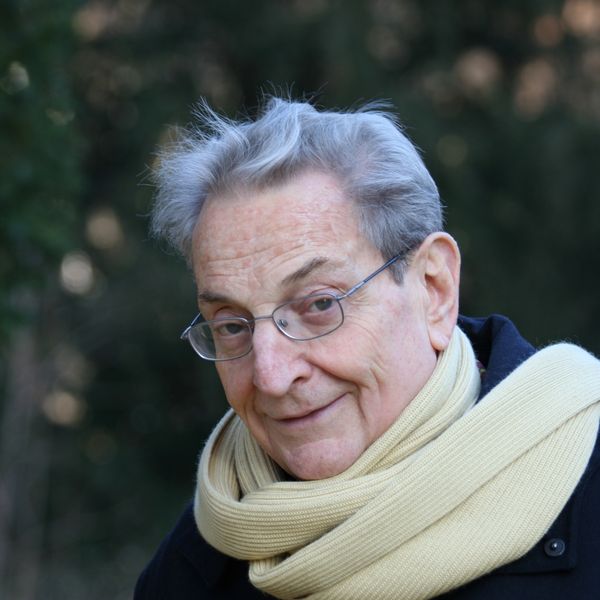
Yehuda Elkana
_“We face the following problem: our science, technology, medicine, governance, and economy in our global world have become so advanced and so complex, that we need all the energy to produce carriers of knowledge on the highest level who not only are technically equipped to cope with what is there, but who can also find the appropriate measures for dealing with crisis-like emergencies in ecology, epidemics, famine, and destitution, and with the fact that even in so-called successful societies, we face only semi-stable economies and tottering democracies.
It is indispensable to find the few thousands of intellectuals all around the globe who will rethink the world, discipline by discipline and problem area by problem area.”_
Yehuda Elkana (1934–2012) was born in the Hungarian part of Serbia, and in 1944 was deported by the Nazis to Auschwitz, together with his parents. He and his parents survived the Holocaust and immigrated to Palestine after the war. Yehuda went on to study physics and mathematics at the Hebrew University, Jerusalem, and to teach at the Hebrew Gymnasium in Jerusalem. He was fond of relating the fact that it took him eight whole years to complete a Master’s in physics, but that he finished his doctorate (with Stephen Toulmin at Brandeis) in eighteen months!
Yehuda was a thinker, a visionary, and a leader who contributed decisively to an impressive list of major institutes of learning, academic programs, and intellectual projects: the Central European University (CEU) in Budapest, the Cohn Institute for the History and Philosophy of Science and Ideas in Tel Aviv, the Wissenschaftskolleg in Berlin, Collegium Helveticum in Zurich, and the Max Planck Institute for the History of Science in Berlin. He was the founding director of the Van Leer Jerusalem Institute and of the Interdisciplinary Program for Excellent Students at TAU.
Yehuda belonged to that rare breed of deeply engaged and connected intellectuals. He was profoundly knowledgeable in all aspects of Western culture—the natural and the social sciences, history and philosophy, art and literature, music, theater, and film. He regarded education, especially higher education, as aiming to facilitate constant rethinking and self-reflection, geared to questioning old boundaries, breaking new ground, and cultivating and promoting an elite capable of appreciating the complexity of today’s challenges. Our task, as he put it, should be that of “rethinking, not unthinking, the Enlightenment.”
- Yehuda Elkana, “Rethinking—Not Unthinking—the Enlightenment,” 2000.

